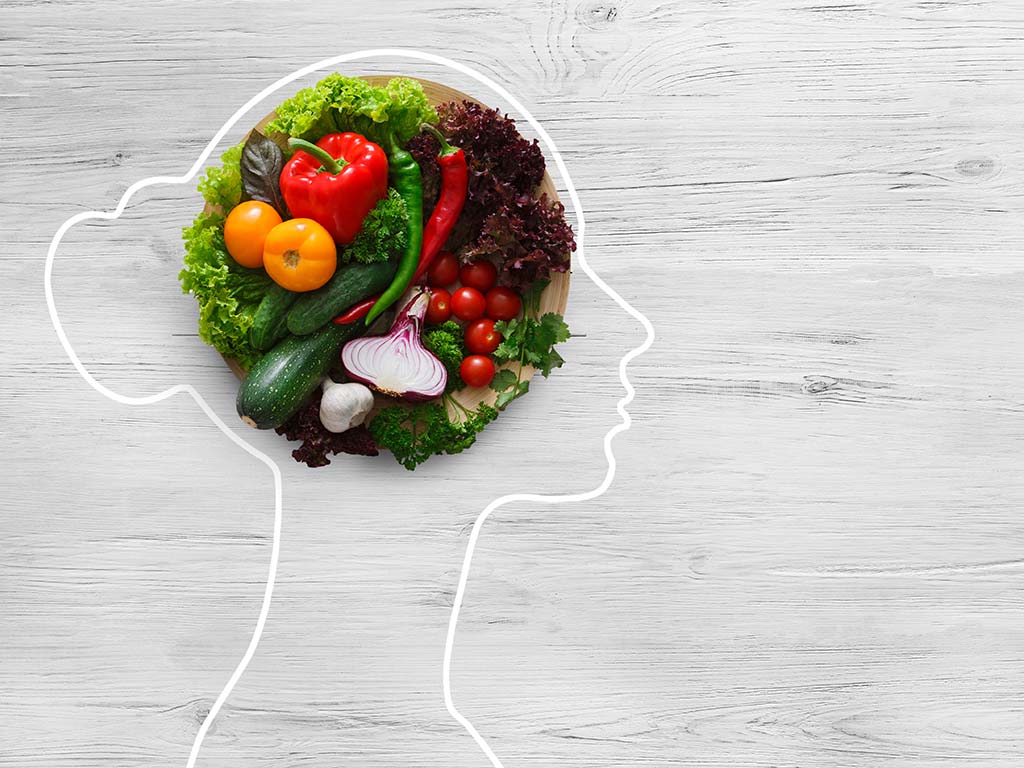“You are what you eat.”
“You are what you eat.”
This is a phrase that has been used for centuries all around the world, emphasizing the importance of diet on your overall health of both body and mind. However, simply having a good diet isn’t enough, the way we eat is also equally important in determining the state of our well-being. Often, poor digestion gives rise to issues such as acidity, bloating, poor cognition, and even stress.
Hence, you aren’t just what you eat, but also how you eat.
Importance of Good Digestion
Our body is a machine, and just like any machine, it needs fuel to work. This ‘fuel’ is the nutrient that we gain from the food and drink we intake. Some common nutrients are proteins, fats, carbohydrates, vitamins, minerals, and water. Our digestive process helps in breaking these nutrients into parts small enough for our body to absorb and convert to energy that is used for the functioning of our entire being.
The nature of our digestion impacts the state of our body, as 70% of our body’s immunity system resides in the digestive tract. Good digestion helps in eliminating toxins from our body, and optimize our energy and stamina levels. It also helps in heightening our mental clarity and improve our mood swings, since our GI tract is full of certain hormones that can help us in regulating our moods, which are also called ‘serotonin’.
On the other hand, bad digestion can give rise to a lot of problems. An increasing number of people today are falling prey to a hectic lifestyle, which leaves them with a little time to focus upon themselves. This can be seen in our digestive health too, aided by reasons such as unhealthy diet, overeating, insufficient water intake, lack of exercise, and insufficient sleep. Neglecting the digestive system can have major consequences on our bodies. An unhealthy digestive system can lead to problems such as heartburn, abdominal cramps, loose stools, bloating, and more. Moreover, bad digestion can also have severe effects on our moods, and can lead to an increase in stress, anxiety, irritation, and depression since it can heavily influence the production of serotonin, about which we will talk later in detail.
The Digestive Process in Ayurveda
According to Ayurveda, our body comprises of three doshas, or building blocks, namely Vata, Pitta, and Kapha. Vata is a combination of ether and air, Pitta is fire and water, and Kapha is water and earth.
Vata itself has five subdivisions – Prana, Vyana, Samana, Udana, and Apana. All these subdivisions serve different functions. Samana, commonly known as Samana Vayu, is the enabling catalyst of digestion that allows the absorption of nutrition from the food to our body. It also helps in other functions of the body such as aiding in the removal of waste from our body. When aggravated, it can lead to weak digestion, diarrhea, and even abdominal tumors.
It is a known fact that a diseased body leads to an unhealthy mind. The magnification of Samana Vayu can have negative effects on not only our digestion, but also the functioning of our brain.
The Connection Between Good Digestion and Emotions
Before we talk about the connection between emotions and digestion, it is important to understand the kind of emotions we exhibit throughout our lives. Psychologist Paul Eckman identified 6 basic emotions that are universally experienced by all humans. These are:
- Happiness
- Sadness
- Fear
- Disgust
- Anger
- Surprise
This list was later expanded to include emotions such as pride, shame, embarrassment, excitement, and other combination of emotions.
Emotions play a critical role in defining how we live our lives, and as we have mentioned before, our emotions and mental health strongly depends upon the level of serotonin, a hormone that is largely produced in our gut. Serotonin helps regulate varied emotions, stress, anxiety, sleep, mood cycles, and more. When the levels of this hormone get imbalanced, it can lead to a severe change in our mental health. For example, low energy, depression, and unexplained nervousness can be attributed to low levels of serotonin.
Thus, your emotions depend on what and how you eat, which ultimately affects your digestion, and which in turn affects your emotions.
The good news is that serotonin levels can be balanced naturally through simple yet effective routines, some of which are:
- Eating in the right way
- Exercising for at least 30 minutes three times a week
- Yoga and meditation
- Drinking up to 8 glasses of water per day
- Soaking in the sun
Rules of Eating – Learn from Ayurveda
As mentioned earlier, our digestive health depends a lot on how we eat. Here are some methods, originating from Ayurveda, that you can incorporate into your lifestyle to make it healthier.
- Chew your food at least 32 times before swallowing. Eat slow and mindfully.
- Avoid eating when you’re stressed, tensed, or nervous. Your gut will find it harder to digest any food unless you’re completely relaxed.
- Eat regularly and at a right time. Keep at least 2-3 hrs of a gap between each meal to avoid any kind of indigestion.
- Eat seasonal and local. Stay away from preserved food, and always opt for the fresh ones.
- Take a 15-20 minute walk after every meal. It helps the stomach digest faster.
- Try deep relaxing exercises such as slow yoga or meditation to help you relax. A relaxed body digests food better.
- Be mindful of how much you eat. Don’t eat too much or too little, and always know your limits.
Our mind and body are connected, and whatever ails our body is soon reflected in our thoughts and emotions too. In that way, the effects of digestion aren’t just limited to our body, but can affect our brain too. Most of these issues can be resolved by simply practicing a healthy lifestyle. However, if you continue to suffer from depression, mood swings, anxiety, and stress, and controlling your diet doesn’t work for you, then we strongly recommend that you see a therapist, a psychiatrist, or a psychologist near you.
We, at Orijine, also provide numerous wellness services such as stress and anxiety management that can help you control your emotions better. Please speak to our doctors to know the right fit for you.




